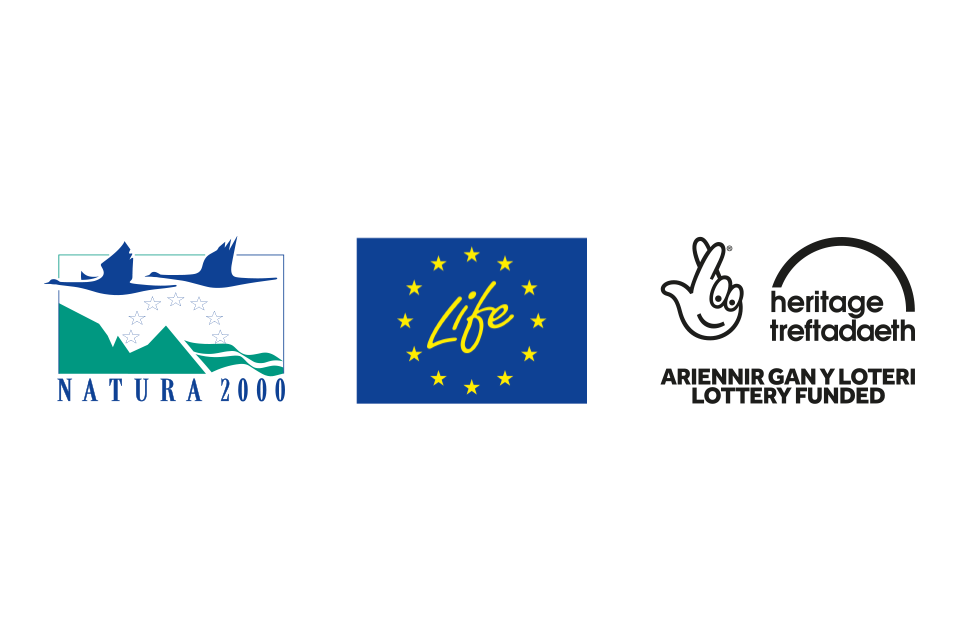At a roundtable with small businesses today, Government Ministers reiterated their determination to have a two way dialogue with small businesses throughout the process of EU exit.
Hosted by the Federation of Small Business, the event was attended by Robin Walker, Minister for Exiting the European Union and Margot James, Minister for Small Business as well as representatives from the FSB and various small businesses.
During the roundtable attendees discussed the important part that the UK’s five million small businesses play in the economy and looked at issues such as the Repeal Bill, market access and skills.
It follows a conference held at Chevening House, during which Ministers from the Department for Exiting the EU, the Treasury and the Department for Business, Energy and Industrial Strategy came together with business leaders to discuss EU exit.
Robin Walker, Minister for Exiting the European Union, said:
Small businesses are the lifeblood of our economy and we want to ensure that they continue to flourish long after we leave the EU.
That is why we are stepping up our engagement with businesses throughout the exit process, ensuring we can help them to capitalise on the opportunities that arise and address the challenges that they may face.
We have been clear that providing businesses with certainty is a key priority and the forthcoming Repeal Bill will give Britain’s businesses confidence that they won’t face unexpected changes on the day we leave the EU.
Margot James, Small Business Minister, said:
We want the UK to remain the best place in the world to start and grow a business. This is why we are working closely with Britain’s small businesses to ensure that the interests of small and medium sized businesses are well represented during the Brexit negotiations.
FSB is helping to ensure that that they play a key role as we deliver a long-term Industrial Strategy that builds on our strengths, as well as ensuring the voice of small businesses are heard loud and clear in our Brexit negotiations.
Mike Cherry, National Chairman of the Federation of Small Business, said:
We are delighted to be hosting Ministers from the Department for Exiting the European Union and the Department for Business, Energy and Industrial Strategy.
This is an opportunity for key Ministers, who will be playing a vital role in the exit process, to engage directly with FSB members and discuss their needs in a post-Brexit UK.
FSB has conducted a thorough series of research reports underpinned by in-depth member consultation as to what small businesses want from Brexit, from trade and exports, to jobs and skills, to the replacement of EU funding. And we know that Ministers and civil servants across the Government will be listening and responding to our findings, which will help inform a deal that works for small businesses and so fosters economic growth and job creation.
We will continue to be a constructive partner in these negotiations and ensure that the voice of the UK’s 5.5 million small businesses and self-employed is heard loud and clear.
Since last June the Government has been engaging extensively with businesses across the UK, travelling across the country for visits, roundtables and meetings. The Government will continue to have an open dialogue with the FSB and its members throughout the Brexit process.
